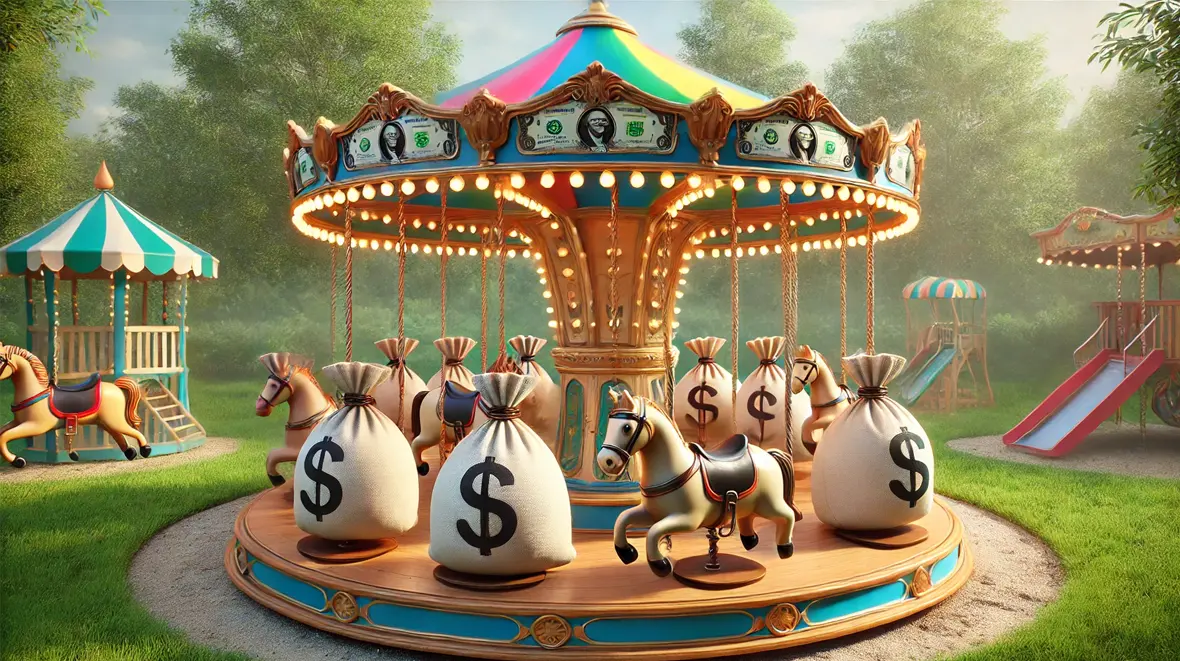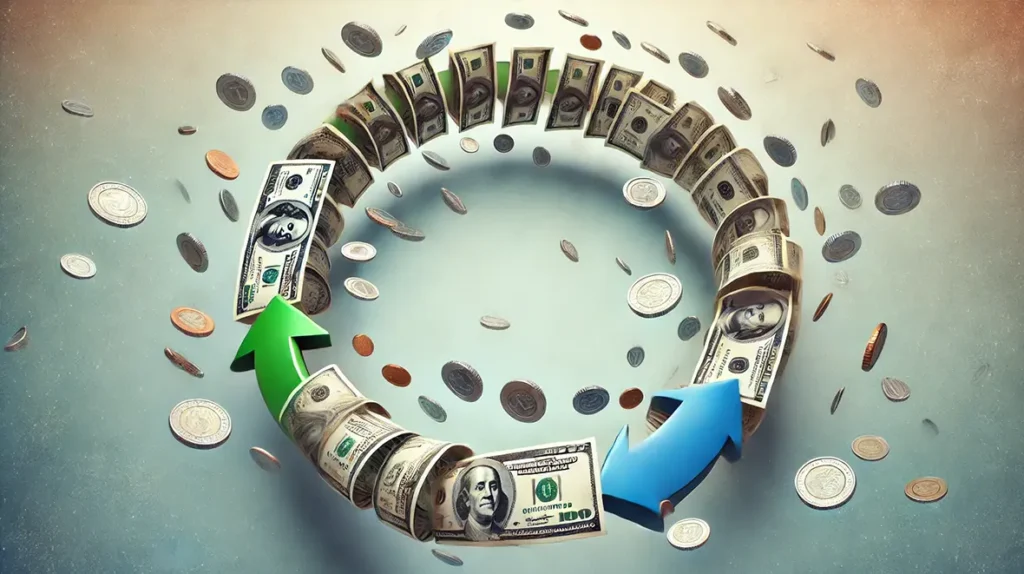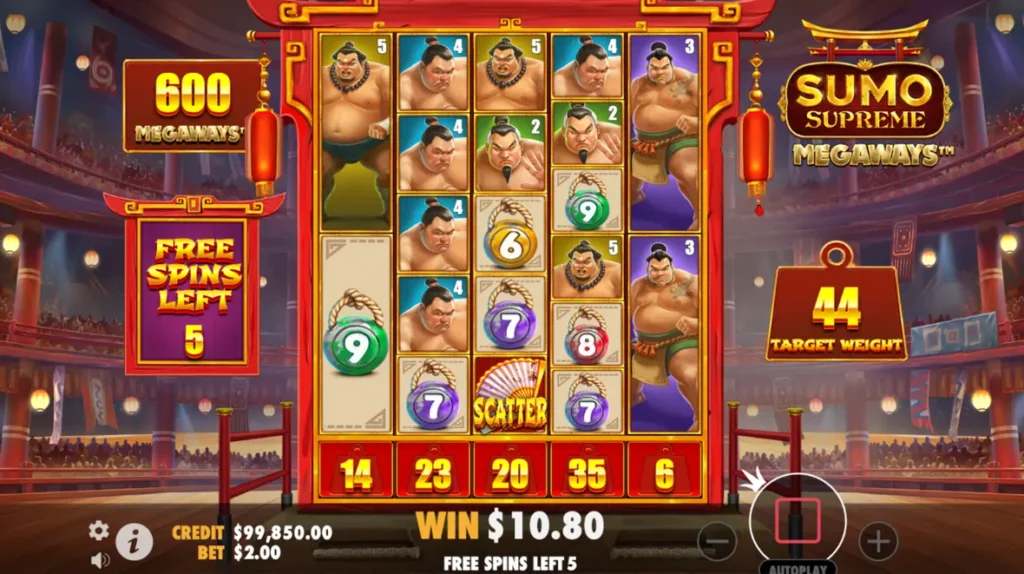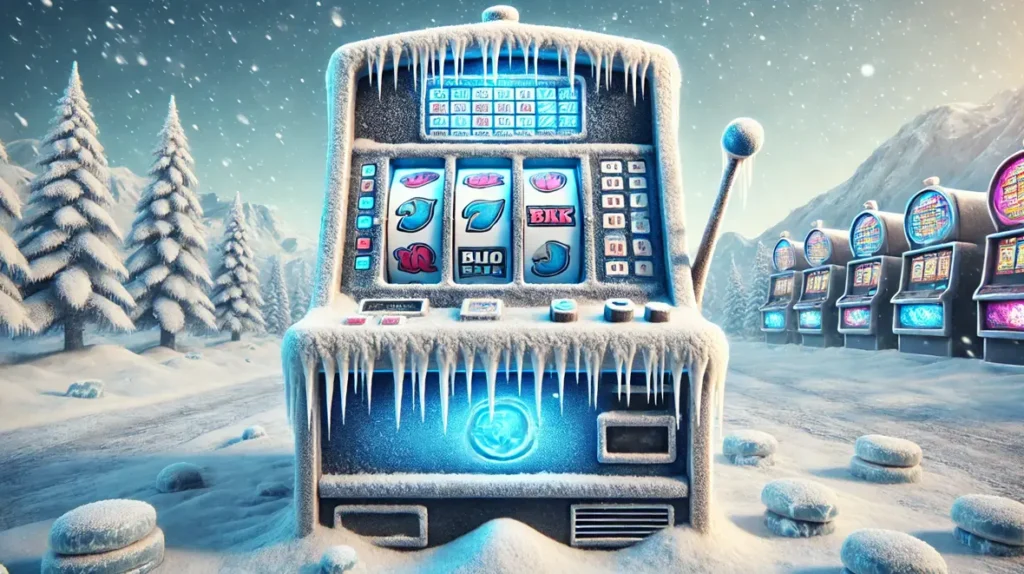
If you’ve been spinning slots or playing table games for a while, you’ve probably heard the term RTP thrown around a lot. It sounds like one of those technical terms that doesn’t mean much, but let me tell you—it’s crucial to understand if you’re serious about your play.
So What Exactly is RTP?

RTP stands for Return to Player. It’s a percentage that represents the average amount a game pays back to players in the long run. And when I say “long run,” I mean it—RTP is calculated over millions of spins or hands.
Think of RTP as a measure of how much of your wagered money the game is likely to return in winnings. For example, if a slot has an RTP of 96%, it means that, on average, it will return $96 for every $100 bet over the long haul. The remaining $4? That’s the casino’s cut, also known as the house edge.
Does High RTP Guarantee Wins?
Let’s get this out of the way once and for all! RTP does not guarantee your specific outcome in a short-term session. You could win big or lose everything regardless of the game’s RTP. The key thing to remember is that RTP is an average result over many, many spins or plays.
So Does RTP Even Matter?
Unfortunately RTP isn’t some magical number that guarantees wins, but it does give you insight into how a game performs over time. Here’s why it matters:
RTP Affects Your Bankroll
If you’re playing a game with a higher RTP, more of your money will stick around longer, unless you maxbet each time. It doesn’t mean you’re going to walk away with profits every time, but over the course of many sessions, you may notice a small difference.
Let’s take a comparison:
- Game A has an RTP of 92%.
- Game B has an RTP of 96%.
If you bet $100 on both games over a long period, you’d theoretically get back $92 from Game A and $96 from Game B. That’s a $4 difference, which might not sound like much, but if you’re playing regularly, that extra 4% can make a significant difference over time.
Volatility and RTP Go Hand in Hand
RTP is important, but it’s not the only factor to consider. Volatility plays a massive role in how RTP behaves during your game. Volatility measures how often and how much a game pays out:
- High volatility games: High volatility games often have a high RTP but the payouts are infrequent and come in larger chunks. So you may experience longer cold streaks before a big win finally lands.
- Low volatility games: Low volatility games pay out more frequently but in smaller amounts, making them feel less risky. The RTP may still be somewhat high, but it behaves differently by providing smaller but more frequent wins.
Volatility and RTP Tolerance
Volatility also affects the tolerance range of the actual RTP you experience. For example, if a game is designed with a theoretical RTP of 91.68% but has high volatility, the actual RTP could swing significantly during short play sessions. Over time and many spins, however, the RTP should settle closer to the theoretical value.
In the early stages, if only 50,000 games have been played, the acceptable RTP range could be from 86.77% to 96.59%. As the number of games played increases to 500,000, the acceptable range tightens to 90.13% to 93.23%. This is why you might experience short-term outcomes that seem far from the theoretical RTP.
Random Number Generators (RNG) and RTP
While RTP gives you an idea of what you can expect over time, each spin or hand in a game is determined by a Random Number Generator (RNG). This technology ensures that every outcome is random and fair, meaning you could win big or lose quickly, regardless of the RTP. The RTP figure is based on millions of spins, not individual sessions, so each game outcome is unique and cannot be predicted.
Should You Always Opt For High RTP Games?

Here’s where things get interesting. You might be thinking, “Should I only play high-RTP games then?” Well, yes and no. While it’s always better to play a game with a higher RTP, there’s more to consider.
RTP Isn’t Everything
Some games have lower RTPs but still offer thrilling experiences—think of progressive jackpot slots like Mega Moolah, which has an RTP of 88.12%. Sure, that’s low compared to something like Sweet Bonanza with its impressive 96.49% RTP, but the difference is, you’re also playing Mega Moolah for that life-changing jackpot.
If you’re chasing the jackpot, you’re more willing to play games with a lower RTP because you’re trading off short-term return for a chance at a massive payout.
Don’t Forget About the Features
Another thing to keep in mind is that some games with lower RTPs come packed with features that players love. For example, bonus rounds, free spins, or even multipliers can offset the lower RTP in terms of excitement and potential wins. Sometimes, the thrill of the gameplay is more important than a few percentage points on the RTP.
The Myth of “RTP Chasing”

You might be tempted to look at RTP as the single most important factor when picking a game, but don’t fall into the trap of RTP chasing. A game’s RTP is important, but no RTP percentage will guarantee you a win. If a game has an RTP of 97% and you’re expecting to get back exactly 97% of your bets, you’re in for a rude awakening. That number plays out over millions of spins, not your one-hour session.
How RTP Differs Between Game Types
RTP varies depending on the type of game you’re playing. Let’s take a look at some typical RTP ranges:
| Game Type | Typical RTP Range |
|---|---|
| Slots | 88% – 98% |
| Blackjack (Basic Strategy) | 99%+ |
| Roulette (European) | 97.3% |
| Roulette (American) | 94.7% |
| Baccarat | 98%+ |
| Video Poker | 95% – 99% |
Why Table Games Usually Have Higher RTPs
You’ll notice that table games like blackjack and baccarat tend to have much higher RTPs than slots. This is because they often involve skill-based decisions that affect the outcome, particularly in blackjack, where using basic strategy can reduce the house edge significantly. But keep in mind that even with high RTPs, variance and your skill level can greatly influence the results.
- Blackjack has 98% for example, and you can get that up to 99.5% using a basic strategy.
- Baccarat has around 98-99% as well, depending on the game developer.
How RTP Plays Out in Real Life
To make the concept of RTP even clearer, let’s look at an example. Let’s say you win $10,000 on a 98% RTP slot. Here’s how much you would win at different RTP percentages, and how much you would leave on the table compared to the 98% RTP slot.
| RTP Percentage | Win Amount ($) | Difference Left on the Table ($) |
|---|---|---|
| 98% | $10,000 | – |
| 97% | $9,897 | $103 |
| 96% | $9,796 | $204 |
| 95% | $9,694 | $306 |
| 94% | $9,592 | $408 |
| 93% | $9,490 | $510 |
| 92% | $9,388 | $612 |
| 91% | $9,286 | $714 |
| 90% | $9,183 | $817 |
What Does This Mean?
- At 90% RTP, you would take home $9,000 from your big $10,000 win.
- At 98% RTP, however, you’d walk away with $9,800—that’s an extra $800 compared to the 90% RTP slot.
How is RTP Verified?
Before a game is released, its RTP is thoroughly tested and verified by independent auditors like eCOGRA. These agencies run millions of simulations to ensure that the game’s actual performance aligns with the advertised RTP. Additionally, ongoing testing occurs after a game goes live to ensure no changes in gameplay affect the RTP. This process ensures fairness and transparency, giving players confidence that the RTP they see is accurate and reliable.
If Someone Wins a Jackpot on a Slot, Will That Mean the RTP Will Be Lower Until the Slot Machine Breaks Even After That Loss?

Ah, the question you’ve always wondered about. If someone “drains” the machine by winning big, does it mean it will instantly go cold on those who play right after?
Not at all! It’s a common misconception to assume that, but winning a jackpot on a slot machine does not affect the RTP. The RTP of a slot machine is a theoretical long-term average and does not adjust or “lower” after a large win, such as a jackpot. Each spin on a slot machine is independent, thanks to the RNG that determines the outcome of every spin.
Let’s look at a scenario. Let’s say a slot machine with an RTP of 96% has taken in $1 million from player wagers. Then, someone hits the jackpot and wins $1 million, seemingly taking all the machine’s profits. What happens next?
RTP is a Long-Term Average: The machine is still programmed to return 96% of all wagers over millions of spins in this example. The jackpot win is part of the game’s design, so the machine doesn’t need to “recover” or lower its RTP. Big wins like this are already built into how the slot works.
Independent Spins and RNG: Even after someone wins the $1 million, the next spin has the same odds as always, thanks to the Random Number Generator (RNG). Each spin is independent and random, meaning the machine doesn’t need to adjust or “save up” after a big payout. It can still pay out more wins—or even another jackpot—soon after.
Jackpots are Accounted For: The jackpot is already included in the slot’s overall RTP calculation. The machine will continue to pay out normally, and the casino will still keep its house edge over the long term.
So even after someone hits a jackpot, the slot machine continues to function normally. The RTP doesn’t drop, and future players have the same chances of winning. The jackpot payout was already part of the game’s long-term design, so there’s no need for the machine to “balance out” after the big win. It’s all based on chance, and the odds stay the same.
RTP Tips & Tricks From Our Editor
Here are some actionable tips to help you make the most out of understanding RTP:
- Choose games with higher RTPs: Look for slots and table games with an RTP of 96% or higher to get better long-term returns.
- Pay attention to volatility: If you want more consistent play, stick to low-volatility games. If you’re chasing big wins and are okay with longer losing streaks, try high-volatility games.
- Manage your bankroll: Understanding RTP helps you plan how much to wager and for how long, based on your risk tolerance. Games with lower RTPs may be more entertaining but could lead to faster bankroll depletion, so set limits.